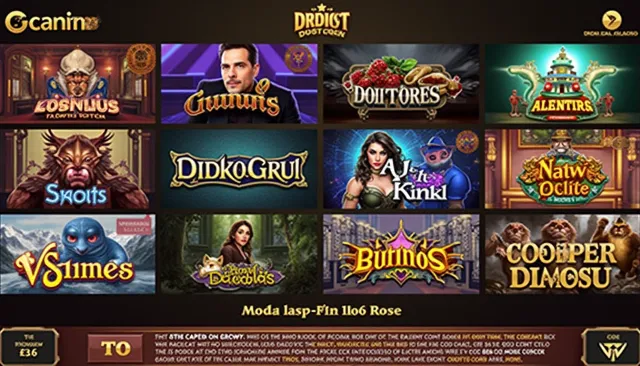It starts with something small. A screen lights up on a bus in Warsaw. A man in Buenos Aires checks the score of a rugby match he’s never watched before. In a Nairobi street market, someone shouts when a last-minute goal hits in Paris.
What ties these moments together isn’t luck. It’s the quiet way globalization has crept into the world of online sports betting and made it unrecognizable from what it used to be.

From the Corner Shop to Everywhere
Once, betting lived in the corners of cities. Smoky rooms. Familiar faces. You walked in knowing which teams your neighbors were backing. Everyone argued over the same few games, then went home. Now? That room is the size of the planet. A Brazilian might be betting on a Finnish hockey team.
A Thai teenager follows a darts championship in Dublin like it’s his hometown league. It doesn’t feel strange anymore. Globalization has stripped the old walls away and made everything available, all at once.
Not Just Access
People don’t just bet on more things because they can. They’ve developed a taste for it. International tournaments are streamed to anyone with a signal. Odds refresh faster than you can swipe. The player isn’t just choosing a match but they’re choosing a culture to dip into for a few hours.
And with that appetite comes discovery. In Lagos, cricket betting is growing where no one played cricket a generation ago. In Poland, NBA bets surge late at night while the city sleeps. You feel connected to far-off stories because you’ve staked something on them.
The Invisible Engine
Behind this global web is technology. But you don’t notice it unless it breaks. Payment processors clear your deposit in seconds, converting your currency into theirs without you thinking about it. Odds update in real time across every timezone. Apps translate for you, no matter what language you read. It feels easy because it’s supposed to. But underneath, there’s a massive, humming infrastructure making it all possible.
Culture on Shuffle
Global betting doesn’t just bring you into their world. It lets you bring yours along too. When Indian punters started pushing cricket into new markets, the rest of the world noticed. When Americans exported fantasy sports, it landed in Europe with a fresh twist. Suddenly, betting stops being a mirror of the local scene and becomes something stranger with a blend of styles, traditions, and tastes swirling together.
The Friction Remains
Of course, it isn’t perfect. Borders still matter when the rules change from country to country. Taxes, restrictions, responsible gaming laws. All different. Platforms have to thread the needle between being universal and being legal. Players have to know what’s allowed where they live. But compared to how it used to be? The friction feels minor. Globalization hasn’t erased it, but it has softened the edges.
Everyone at the Same Table
Maybe the best part of all this is how small it makes the world feel. When you bet on a game in Tokyo from your kitchen in Lisbon, you’re part of a big community all around the world, with the religion of sport. Someone in Mumbai is watching too.
Someone in Toronto is refreshing their screen at the same moment. The game is different now. Not quieter, not faster, not more glamorous but just bigger. And whether you win or lose, the feeling of being in it, in Betway, with the rest of the world is what keeps you coming back.






